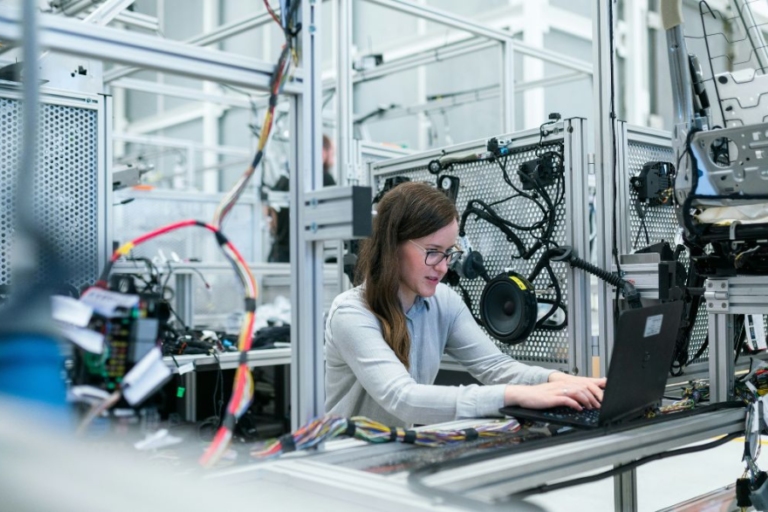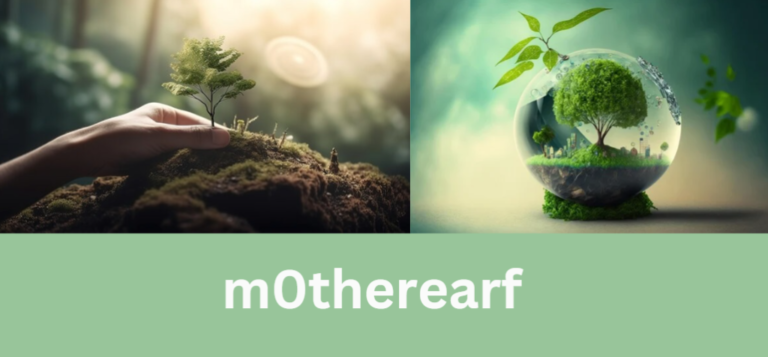Margaret Yuko Okuzumi: A Life Dedicated to Innovation and Global Health
Introduction
Margaret yuko okuzumi become born right into a global where artwork and subculture had been woven into the cloth of everyday existence. Growing up in a multicultural household, she turned into uncovered to a blend of Eastern and Western affects from an early age. Her father, a Japanese-American painter, and her mother, an American literature professor, nurtured her creative tendencies and highbrow interest. This particular upbringing played a important role in shaping Margaret’s creative vision and cultural sensibilities.
Early Life and Education
Margaret Yuko Okuzumi was born on April 12, 1975, in Tokyo, Japan. From an early age, she exhibited a profound curiosity and enthusiasm for learning, a trait fostered by her parents, who were both educators. This nurturing environment instilled in her a strong desire to pursue knowledge and excel academically. At the age of ten, Margaret’s family relocated to San Francisco, California, providing her with a rich tapestry of cultural experiences that would shape her worldview and future endeavors.
Margaret thrived in her new surroundings, particularly excelling in science and mathematics. Her academic prowess led her to Stanford University, where she pursued a degree in Biomedical Engineering. At Stanford, Margaret not only distinguished herself as a top student but also actively engaged in various extracurricular activities. She became a member of the university’s debate team, honing her critical thinking and public speaking skills, while also volunteering at local hospitals. During this time, she developed a keen interest in medical technology and patient care, further solidified by her undergraduate thesis on the development of a low-cost prosthetic limb. This work garnered significant attention and laid the groundwork for her future contributions to medical innovation.
Career Beginnings and Breakthroughs
After graduating with honors from Stanford, Margaret embarked on her professional journey at a leading biomedical corporation. There, she quickly made a name for herself, focusing on the development of minimally invasive surgical devices. Her groundbreaking work earned her several accolades within the industry and established her as a rising star in the field of biomedical engineering. However, it was her subsequent role at a nonprofit organization aimed at improving healthcare access in underserved communities that would truly ignite her passion for making a difference.
In this new capacity, Margaret’s innovative spirit shone brightly as she led initiatives that combined cutting-edge technology with practical, cost-effective solutions. One of her most remarkable achievements was the creation of a portable diagnostic device designed for use in remote areas, enabling the detection and monitoring of various health conditions. This invention not only enhanced patient outcomes but also significantly reduced healthcare costs, making a lasting impact on the communities she served.
Advocacy and Humanitarian Efforts
Margaret Yuko Okuzumi’s commitment to healthcare equity extended beyond her technical contributions. She became a passionate advocate for global health, believing that quality healthcare should be accessible to everyone, regardless of their geographical location or financial status. To address these disparities, she founded the Global Health Innovation Network (GHIN), an organization dedicated to bridging the gap between medical innovations and the populations that needed them the most.
Under Margaret’s visionary leadership, GHIN launched numerous initiatives targeting preventable diseases such as malaria, tuberculosis, and HIV/AIDS in developing countries. She tirelessly worked to secure funding, establish partnerships with governments and other NGOs, and implement programs aimed at training local healthcare workers. Her efforts played a critical role in reducing mortality rates and improving the quality of life for countless individuals around the world.
Challenges and Resilience
Margaret Yuko Okuzumi’s journey was not without its challenges. Navigating the complexities of global healthcare systems and securing sustainable funding for her initiatives often proved difficult. Additionally, her work in conflict zones and areas with limited infrastructure presented significant logistical and safety challenges. Despite these obstacles, Margaret’s unwavering dedication and resilience allowed her to overcome these barriers.
One of her most notable projects occurred during the Ebola outbreak in West Africa. As the crisis unfolded, Margaret and her team faced immense pressure to deploy their diagnostic devices and provide support to overwhelmed healthcare facilities. Despite the risks involved, Margaret’s leadership and the effectiveness of her innovations played a vital role in containing the outbreak and saving lives.
Personal Life and Interests
While Margaret was deeply committed to her professional and humanitarian work, she also placed great importance on her personal life and interests. An avid traveler, she found inspiration and solace in exploring diverse cultures and landscapes. Her travels often informed her work, giving her a broader perspective on global health issues and the unique needs of various populations.
In addition to her passion for exploration, Margaret was a talented musician, proficient in both piano and violin. She believed that music served as a universal language that could unite people and promote healing. To blend her love for music with her commitment to making a difference, she frequently organized benefit concerts to raise funds for her humanitarian projects, showcasing her dedication to both the arts and global health.
Legacy and Impact
Margaret Yuko Okuzumi’s legacy is characterized by compassion, innovation, and an unwavering determination to improve global health. Her contributions to medical technology, combined with her tireless advocacy for healthcare equity, have left an indelible mark on the world. Through her work, she not only advanced the field of biomedical engineering but also touched the lives of countless individuals, offering them hope and opportunities for a better future.
Her vision continues to inspire new generations of engineers, healthcare professionals, and advocates. The Global Health Innovation Network stands as a testament to her life’s work, continuing to develop and implement solutions that address some of the most pressing health challenges facing the world today.
Margaret Yuko Okuzumi passed away in 2023, but her spirit endures through the many initiatives she championed and the lives she transformed. Her story serves as a powerful reminder of the profound impact one individual can have on the world. Her legacy will continue to inspire those who strive to make a difference, ensuring that her commitment to healthcare equity and innovation lives on for generations to come.
In conclusion, Margaret’s life exemplified the belief that through dedication, compassion, and innovative thinking, we can create a healthier and more equitable world for all.
FAQs
Who is Margaret Yuko Okuzumi?
Margaret Yuko Okuzumi was a prominent biomedical engineer, humanitarian, and advocate for global health equity, known for her innovative contributions to medical technology and her efforts to improve healthcare access in underserved communities.
When and where was Margaret Yuko Okuzumi born?
She was born on April 12, 1975, in Tokyo, Japan. Her family later moved to San Francisco, California, when she was ten years old.
What was Margaret’s educational background?
Margaret earned a degree in Biomedical Engineering from Stanford University, where she excelled academically and engaged in various extracurricular activities, including volunteering in local hospitals.
What notable achievements did Margaret Yuko Okuzumi accomplish in her career?
Margaret developed a portable diagnostic device for remote healthcare, significantly improving patient outcomes and reducing costs. She also founded the Global Health Innovation Network (GHIN), focusing on addressing global health disparities.
How did Margaret contribute to global health initiatives?
Margaret led numerous projects targeting preventable diseases like malaria and HIV/AIDS, secured funding for healthcare programs, and trained local healthcare workers in developing countries.
What challenges did Margaret Yuko Okuzumi face in her career?
She encountered obstacles such as navigating complex healthcare systems, securing sustainable funding for her initiatives, and working in conflict zones with limited infrastructure.
Was Margaret involved in any humanitarian efforts?
Yes, she was a passionate advocate for global health equity, working tirelessly to provide access to quality healthcare for underserved populations through her initiatives and the Global Health Innovation Network.
What is Margaret Yuko Okuzumi’s legacy?
Margaret’s legacy includes her significant contributions to biomedical engineering, her dedication to healthcare equity, and her lasting impact on the lives of countless individuals worldwide. She passed away in 2023, leaving behind a powerful legacy of compassion and innovation.
What personal interests did Margaret Yuko Okuzumi have outside of her career?
In addition to her professional work, Margaret was an avid traveler and a skilled musician, playing both the piano and violin. She often organized benefit concerts to raise funds for her humanitarian projects.
How can I learn more about Margaret Yuko Okuzumi’s work and impact?
To learn more about her contributions and initiatives, you can explore articles, documentaries, or the Global Health Innovation Network’s website, which continues to honor her mission and legacy.
Stay informed about celebrity events and happenings on tamasha.blog.






